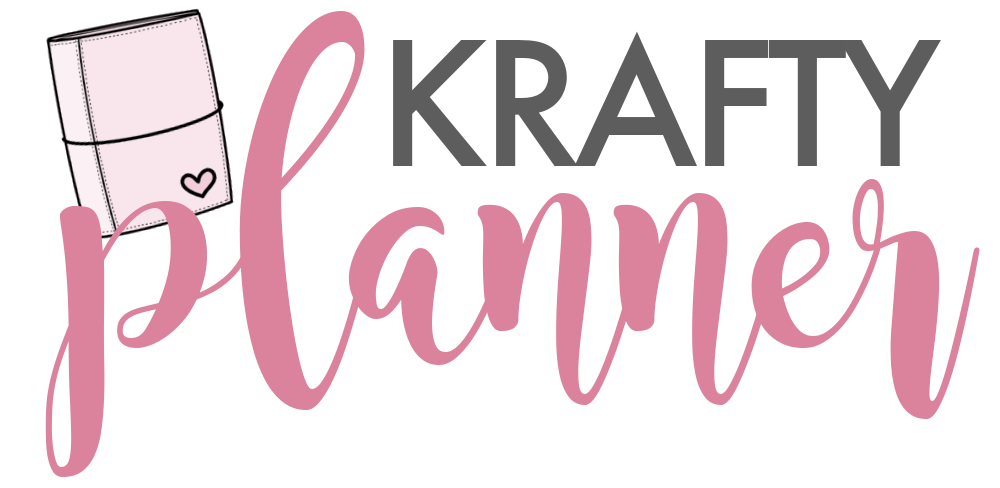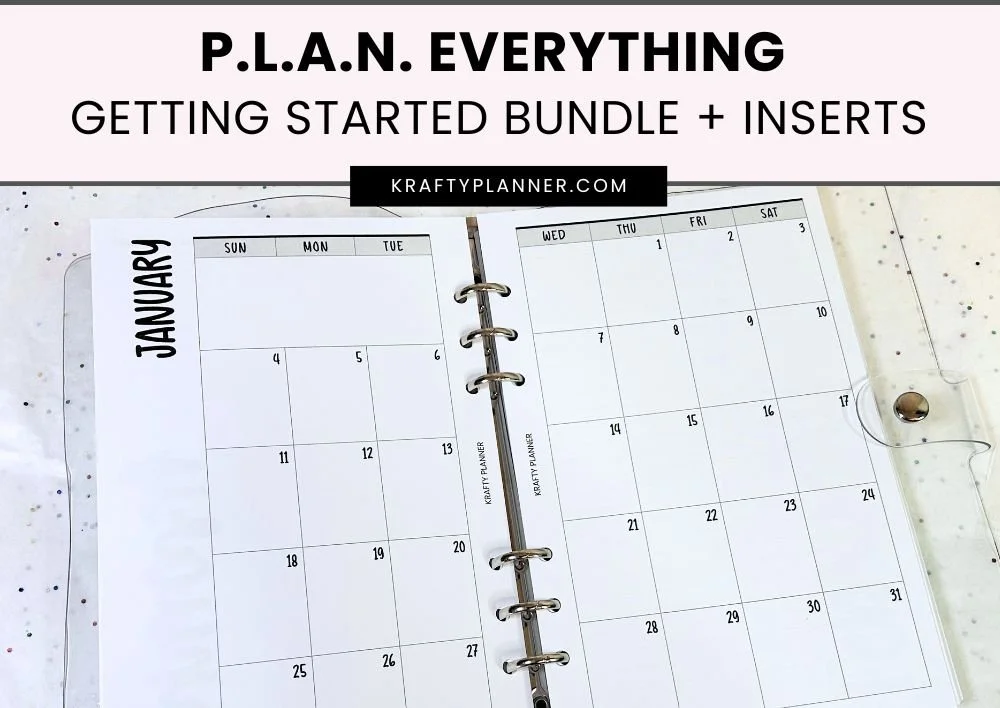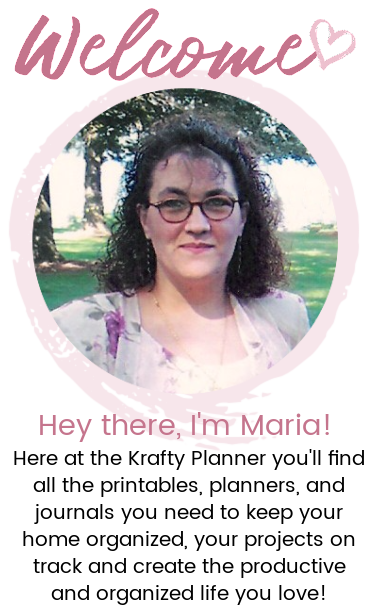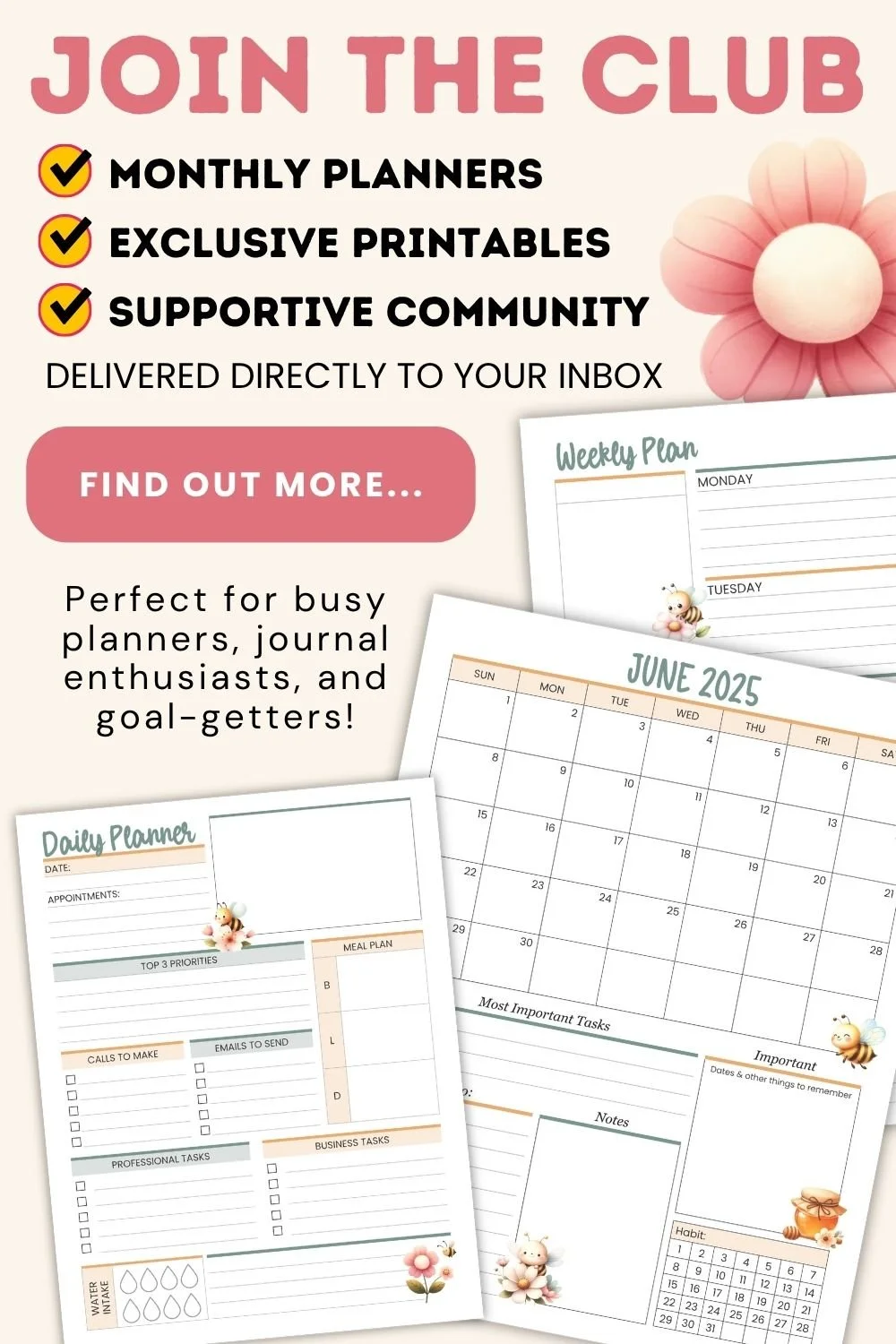Easily Include Planning into Your Daily Routines & Habits
In the P.L.A.N. Everything concept, "L" represents Lifestyle. This concept emphasizes incorporating planning into your everyday routines and habits to establish a smooth and fulfilling life.
When planning becomes a natural part of your lifestyle, it not only helps you stay organized and productive but also enhances your overall well-being.
Today I want to dive deeper into what the Lifestyle section of the P.L.A.N. Everything concept includes and how you can make it work for you.
Introduction to A Planning Lifestyle
A planning lifestyle goes beyond simply organizing your tasks and schedules. It’s about creating a life that aligns with your values, goals, and passions.
When your planning reflects who you are and what you truly want, it becomes a powerful tool for personal growth and satisfaction. The key to a successful planning lifestyle is to make it a natural part of your daily routines and habits.
Think about how you start your day, how you manage your time, and how you wind down in the evening. These routines can either support your goals or hinder your progress. By thoughtfully integrating planning into these routines, you can create a more balanced, intentional, and fulfilling life.
Why a Planning Lifestyle is Important
A planning lifestyle is crucial because it helps you maintain a holistic approach to your life. It ensures that all aspects of your life – work, personal, health, and leisure – are in harmony.
Here are some reasons why a planning lifestyle is so important:
Promotes Balance: Planning helps you allocate time for different areas of your life, ensuring you don't neglect any aspect.
Reduces Stress: A well-planned lifestyle reduces the feeling of being overwhelmed by providing a clear path and structure.
Enhances Well-Being: When your life is organized and aligned with your values, it boosts your overall happiness and well-being.
Fosters Growth: Planning encourages personal growth by helping you set and achieve meaningful goals.
Improves Time Management: By integrating planning into your daily habits, you become more efficient and make better use of your time.
How to Incorporate Planning into Your Lifestyle
Now that we understand the importance of a planning lifestyle, let’s explore how to integrate it seamlessly into your daily routines and habits.
✨ Reflect on Your Values and Goals
Start by reflecting on your core values and long-term goals. What is most important to you? What do you want to achieve in the next year, five years, or even ten years?
Understanding your values and goals will help you create a lifestyle that is truly meaningful to you and gives you a sense of direction.
Your values are the principles that guide your actions and decisions, while your goals are the milestones you aim to achieve. When you align your planning with your values and goals, you ensure that your daily activities are purposeful and fulfilling.
Example Reflection Questions:
What are my top three values?
What are my long-term career goals?
What kind of lifestyle do I want to create for myself and my family?
✨ Create Daily and Weekly Routines
Daily and weekly routines are the backbone of an effective planning lifestyle and they should support your core values and goals. These routines should include time for work, self-care, family, and leisure activities.
Creating daily and weekly routines involves structuring your time in a way that aligns with your priorities. Daily routines help you stay on track with your immediate tasks, while weekly routines provide a broader framework to ensure you’re progressing toward your larger goals.
By establishing consistent routines, you will create a sense of order and predictability in your life, which can significantly reduce stress and increase productivity.
Example Daily Routine:
Morning: Meditation, exercise, and planning the day.
Afternoon: Focused work sessions with breaks.
Evening: Family time, hobbies, and winding down.
Example Weekly Routine:
Monday: Plan the week ahead.
Tuesday to Thursday: Dedicated workdays.
Friday: Review progress and set goals for the next week.
Weekend: Relaxation, family activities, and personal projects.
💟 Resources:
This post has a free worksheet to help you plan your daily and weekly routines or you can head over to the Free Printable Library and grab it there.
Here is a little more information on How To Create a Motivating Morning Routine and How To Establish a Better Bedtime Routine.
✨ Prioritize Self-Care
Self-care is a vital component of a planning lifestyle. Ensure that your routines include time for activities that nourish your body, mind, and soul. This could be anything from exercise and healthy eating to hobbies and relaxation.
Prioritizing your self-care means recognizing that your well-being is a critical part of your overall productivity and happiness. When you take care of yourself, you have more energy and a clearer mind to tackle your tasks and achieve your goals.
Self-care activities should be an integral part of your daily and weekly routines, ensuring that you remain balanced and avoid burnout.
Example Self-Care Activities:
Daily: 30 minutes of exercise, a healthy meal, and 10 minutes of meditation.
Weekly: A hobby or creative activity, a relaxing bath, and socializing with friends.
✨ Use Tools and Resources
Leverage tools and resources to help you stay organized and on track. Planners, calendars, apps, and printable worksheets can be incredibly helpful in managing your daily and weekly routines.
Using the right tools and resources can make a significant difference in how effectively you plan and organize your life. Whether it’s a physical planner that you can carry with you or a digital app that syncs across all your devices, having the right tools ensures that you can easily access and update your plans. Additionally, printable worksheets can provide a tangible way to track your progress and stay motivated.
Recommended Tools:
A physical or printable planner or a digital planning app.
Calendar apps like Google Calendar for scheduling.
Printable worksheets for goal setting and habit tracking.
✨ Be Flexible and Adaptable
Life is unpredictable, and even the best plans can be disrupted. Be flexible and adaptable with your routines and planning. Adjust your plans as needed and don’t be too hard on yourself if things don’t go perfectly.
Being flexible and adaptable means recognizing that life is full of unexpected events and changes. Rather than becoming frustrated when things don’t go according to plan, learn to adjust and adapt.
This flexibility allows you to stay focused on your goals while accommodating the inevitable twists and turns of life. By adding buffer time into your schedule, you won’t be scrambling to handle these disruptions gracefully.
Tips for Flexibility:
Allow yourself grace and be kind to yourself.
Build buffer time into your schedule.
Reassess your priorities regularly.
✨ Regularly Review and Adjust
Regularly review your progress and adjust your plans accordingly. Reflect on what’s working and what’s not, and make necessary changes to your routines and goals.
Regularly reviewing and adjusting your plans is crucial for continuous improvement. By taking the time to reflect on your achievements and challenges, you can identify what’s working well and what needs adjustment.
This ongoing process of reflection and adjustment helps you stay aligned with your goals and ensures that your planning remains effective and relevant.
Review Questions:
What worked well this week?
What challenges did I face and how did I overcome them?
How can I improve my routines and planning?
💟 A Planning Lifestyle in Action
To illustrate how a planning lifestyle can be integrated into your daily life, let's look at an example of a working professional who values family time, personal growth, and health.
Example: Sarah’s Lifestyle Plan
Values: Family, personal growth, health.
Daily Routine:
Morning Routine:
6:00 AM - Wake up and meditate
6:30 AM - Exercise
7:00 AM - Breakfast with family
8:00 AM - Plan the day.
Afternoon Routine:
9:00 AM to 12:00 PM - Work on key projects
Noon - Lunch break
1:00 PM to 5:00 PM - Meetings and administrative tasks
Evening Routine:
6:00 PM - Dinner with family
7:00 PM - Family time
8:00 PM - Personal growth activities (reading, online courses)
9:00 PM - Wind down and prepare for bed.
Weekly Routine:
Monday: Plan the week ahead, set goals.
Tuesday to Thursday: Focused workdays.
Friday: Review progress, set goals for the next week.
Weekend: Family activities, self-care, and hobbies.
By integrating planning into her daily routines, Sarah can balance her work, family, and personal growth effectively. She prioritizes self-care and builds in buffer time to handle unexpected events, ensuring she stays on track without feeling overwhelmed.
Wrapping it up
Incorporating planning into your lifestyle is a powerful way to achieve balance, reduce stress, and enhance your overall well-being.
By reflecting on your values, creating supportive routines, prioritizing self-care, using helpful tools, staying flexible, and regularly reviewing your progress, you can create a lifestyle that is both fulfilling and aligned with your goals.
Remember, a planning lifestyle is not about being perfect but about making intentional choices that support your best life. Embrace the "L" in the P.L.A.N. Everything concept and watch how it transforms your daily life into a more organized, balanced, and joyful experience.
Stay tuned for more insights and tips on how to incorporate the P.L.A.N. Everything concept into your planning routine.
Want to learn more about the P.L.A.N. Everything concept? This post will explain everything.
Here are a few more posts you might like:
See my Link Party Directory for a current list of blog parties I attend each week.
This post was featured on the following link parties, thank you for your support! ❤️
FOR PERSONAL USE ONLY – Please Read Freebies Terms of Use
(This post may contain affiliate links. For more information, see my disclosures here)
~ SHARE THIS POST ~
Did you like this post? Do you know someone else who might enjoy it? Please take a minute to share it on Pinterest, Facebook, or your favorite social media… Thank you!





















